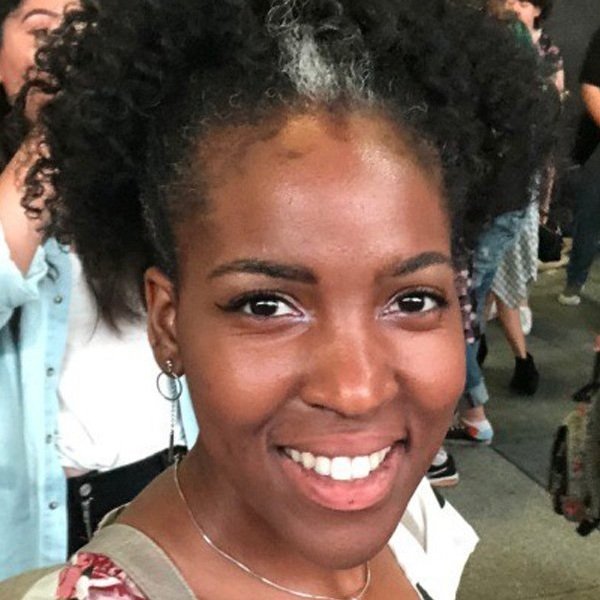Champion of Change: Zora Neale Hurston (1891-1960)
Contributed by Nyke Parham
A world-renowned writer and anthropologist, Hurston studied and highlighted black folklore and the arts. Born in Notasulga, Alabama on January 7, 1891 to former slaves, Hurston and her parents soon sought a better life in Eatonville, Florida where they flourished. Her father became one of the town’s first mayors. She attended Morgan College in 1917, where she completed her high school studies; Howard University, where she earned an associates degree, participated in student government and cofounded the school’s newspaper The Hilltop; and Barnard College from 1925-1928, where she earned her BA in anthropology. During her time in New York City, she befriended other writers like Langston Huges and Countee Cullen and became a familiar name during the Harlem Renaissance. She often incorporated her research on black culture from the diaspora in her works, such as Mules and Men. Her most popular work, Their Eyes Were Watching God, broke literary norms by focusing on the experience of a black woman.
As we commemorate the internment of 120,000 Japanese Americans on February 19, 1942, it as Hurston, who found solidarity in their disdain for the US’ “predatory wanderlus directed against people of color at home and around the world.” In 1946, Hurston wrote a letter to her friend Claude Barnett, the president of the Associated Negro Press and the country’s first Black news service, venting her anger at President Harry Truman, whom she described as the “butcher of Asia.” Throughout her letter, it was clear that she felt, and wanted others to know, that US foreign policy in Asia is genocidal and racist and implicitly an attack on Black Americans. She wanted to wake everyone up to what she felt was the reality. Although her writing and advocacy did not become known until after her death, she continues to inspire and influence writers and advocates around the world.
Nyke is a native Angelino TEFL instructor, independent AfroAsian scholar, and student of Korean culture and language. Currently she shares her research on my2baek1.com, educating the masses about Blasian identity, AfroAsian history, solidarity, and culture through pop culture references



